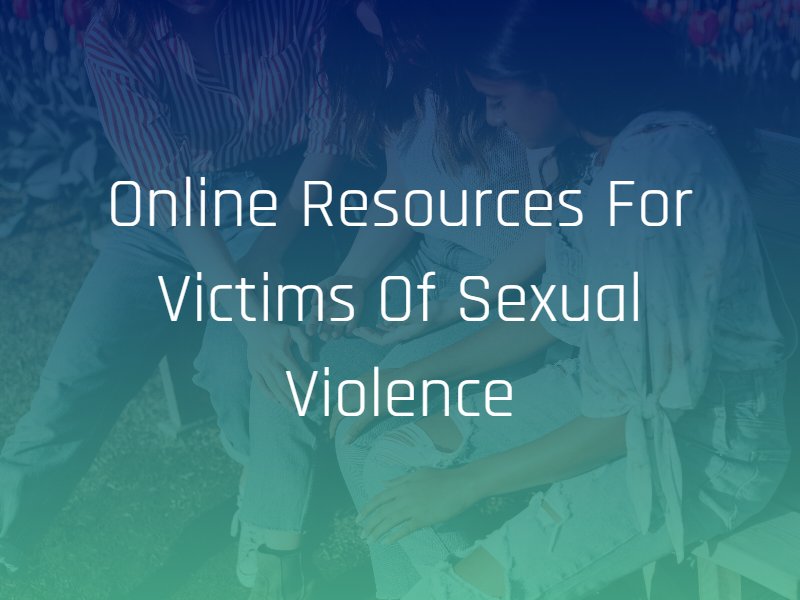Any sexual act that occurs without consent is an act of sexual violence, and any instance of sexual violence can be deeply traumatizing. It is common for survivors to feel alone, afraid, and unsure what to do next. It can be difficult to know when to seek help and where to seek it, especially after experiencing an act of violence.
If you are a survivor of sexual violence, you are not alone and help is available. Many online resources are available for you to seek the help you need, including mental health care, forensic sexual assault examinations, and legal assistance.
RAINN
The Rape, Abuse, and Incest National Network (RAINN) website provides comprehensive information about sexual violence definitions, state laws, and available resources. RAINN also operates the National Sexual Assault Hotline, which serves survivors of sexual violence across the country.
When you call the hotline, it will automatically route you to the closest sexual assault service provider near you. This will provide access to multiple free services, including the following.
- Confidential support services from trained counselors
- Guidance finding a hospital that provides sexual assault forensic exams
- Information about local resources and laws in your area
- Long-term support referrals
- Basic medical information
The National Sexual Assault Hotline is available 24 hours a day, 7 days per week at 1-800-656-HOPE (4673).
National Online Resource Center on Violence Against Women
Anyone can perpetrate sexual violence, including domestic partners. According to RAINN, 8 out of 10 rapes are committed by someone known to the survivor, and 33% of these acts of violence are committed by a current or former spouse, boyfriend, or girlfriend.
In response to these trends, the National Resource Center on Domestic Violence created VAWnet, an online library that hosts resources related to violence against women. On this website, you can read thousands of materials that examine gender-based violence across different intersections, including intervention and prevention, research and statistics, and policy and advocacy.
The National Sexual Violence Resource Center
The National Sexual Violence Resource Center (NSVRC) website is another valuable online resource for sexual violence survivors. This organization aims to provide comprehensive education on sexual violence, including legal definitions and resources, information on how to seek help, and guidance on how to heal following an assault. The NSVRC website also includes a collection of resources on how survivors can use their experiences to give back to their communities.
1 in 6
Approximately 1 in 6 men have experienced sexual assault or abuse, but men and boys are often underrepresented in sexual assault advocacy and resources. The organization 1 in 6 aims to raise awareness about male sexual assault and provide targeted resources to help men seek justice and heal from their experiences. Their website includes information about male sexual assault, answers to common questions, survivor stories, and support resources.
Know Your IX
Title IX is a law that prohibits sex-based discrimination in schools. This law is important for survivors on college campuses, as it guides sexual assault investigation and reporting requirements for colleges and universities who receive federal funding.
Know Your IX is an organization that provides information to students on their Title IX rights and how to end sexual violence on their campuses. The website also includes support resources, advocacy information, and updates on political events.
If you are a sexual assault survivor, it is important to hold the perpetrator accountable. Enlisting the assistance of a sexual assault attorney can aid in your road to recovery. Your lawyer can explain your pathways to justice and the resources available to you, helping you make an informed decision toward your healing. Contact an assault attorney as soon as possible to discuss your next steps.

